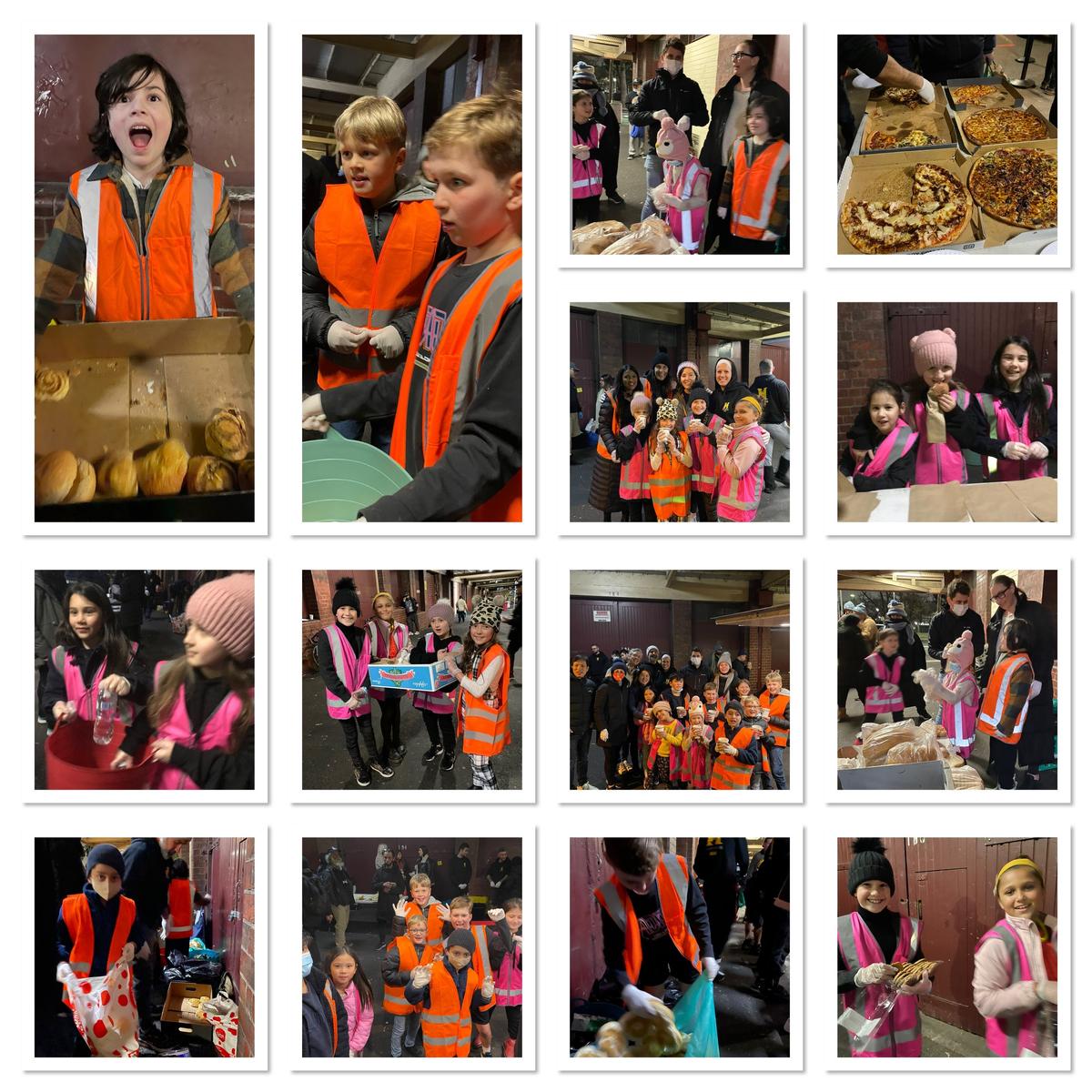Student News
INSPIRING CURIOUS MINDS

Student News
INSPIRING CURIOUS MINDS


Learning doesn't just happen at school. There are many ways to support Mathematics learning at home. The link below contains suggestions that have been prepared by staff at the Mathematics Teaching and Learning Centre at the Australian Catholic University as a guide for parents. Your child’s teacher is vitally interested in your child’s mathematical development. Talk to the teacher about how your child is going in mathematics and find out whether there are any further ways that can help your child.
We hope this is a useful resource for you!
HELPING YOUR CHILDREN WITH MATHEMATICS
https://www.abc.net.au/cm/lb/13676026/data/acu-guide-for-parents-with-maths-2020-data.pdf
A GUIDE FOR PARENTS - Australian Broadcasting Corporation Mathematics Teaching and Learning Centre, ACU Linking research and practice to make a difference www.acu.edu.au/mtlc |
There are two competitions open to all students based on the Book Week theme: Dreaming with your eyes open...
This is for students to complete at home, you can design a book cover or write a short story named "Dreaming with your eyes open..."
Entries due Week 9 (week commencing Monday 05 Sep).


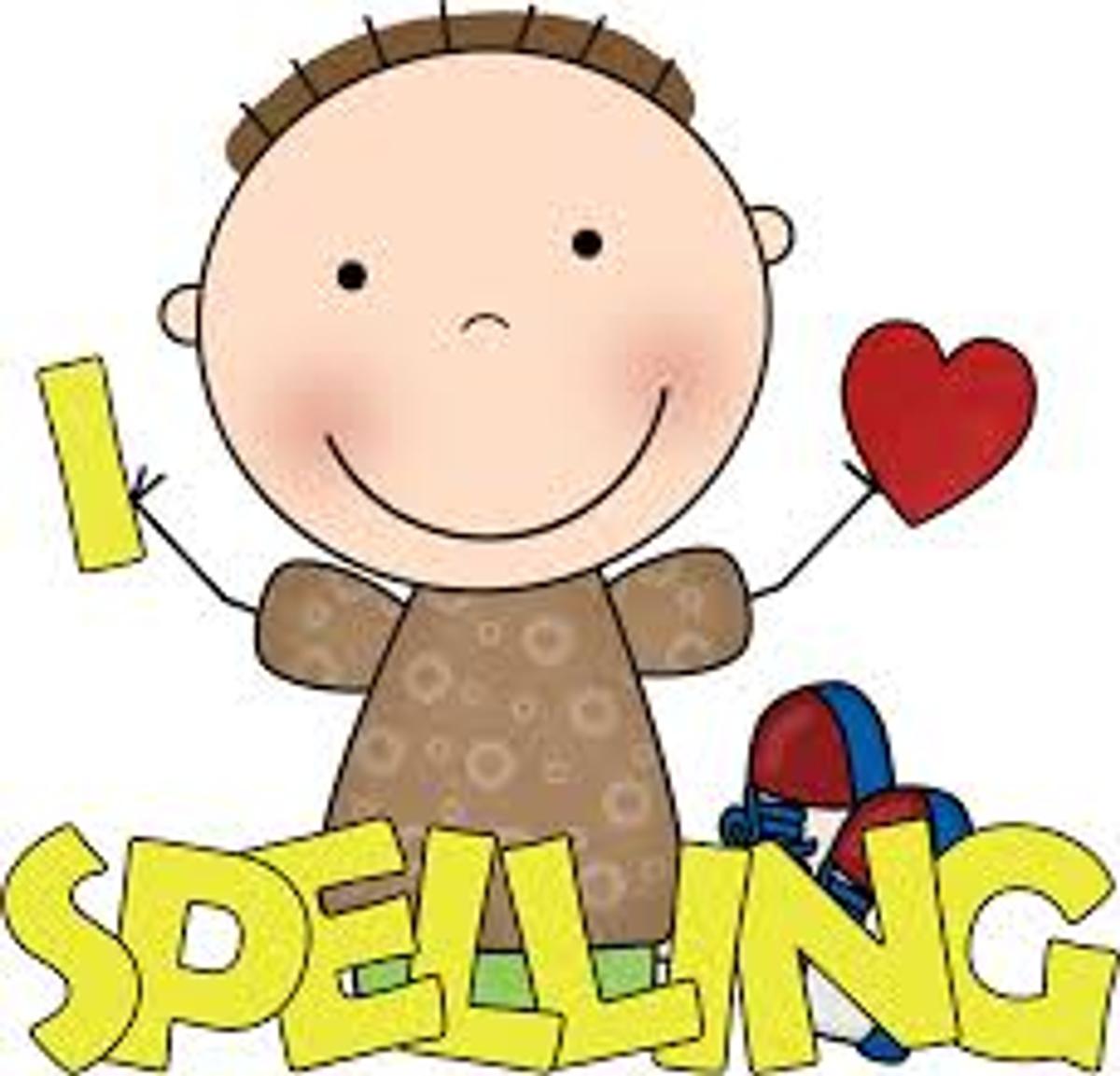

English spelling is tricky and often makes very little sense, it can also take a lifetime to learn. In the last Literacy article in the newsletter we discussed phonics, what it is, how we teach it at SMPPS, and how it can support your child's literacy development and knowledge.
One of the reasons children can be reluctant writers is due to spelling, it is difficult and there can seem so much they need to know to get it right. This is where phonics comes in, we are explicitly teaching the students the sounds, spelling combinations, and spelling guidelines / generalisations.
The English language has 26 letters but 44 unique sounds, each with lots of different ways to spell them. Phonics involves matching the sounds of spoken English with individual letters or groups of letters. For example:
The letter name is C:
The sound c can be spelled as
c/ cat /k/ kangaroo
ck/ duck
q/ quilt
ch/ school
cc/ soccer
The guidelines for C are:
HELPING YOUR CHILD TO SPELL WHEN WRITING
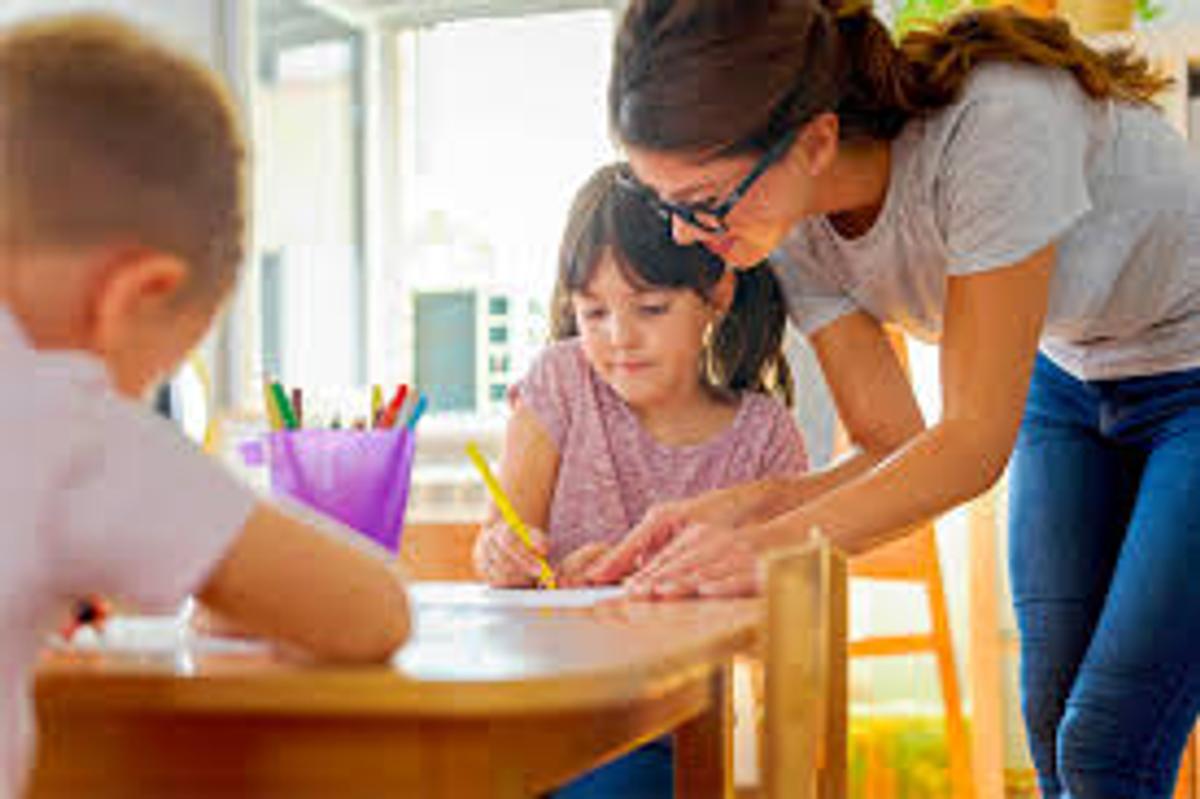

As well as learning to spell, your child will need to remember how to spell, and attempt to spell new words when writing. When we can spell well, we can concentrate on what we want to write, rather than how to write it, we are also more likely to use interesting words when we can spell them.
Here are some strategies you can use to support your child:
1. Encourage your child to ‘have a go’
Encourage your child to have a go at spelling a word. This will build confidence and practice spelling skills. Making mistakes is a natural part of learning, and if your child is comfortable knowing that they’re not going to get spelling right all the time, then they will be more likely to try out more adventurous words. Keep positive and upbeat!
2. Keep reinforcing phonics
Remind your child to use phonics as their first port of call for spelling a new word. Help them to really hear each individual sound in the word and choose a suitable spelling
pattern. In the last Literacy newsletter article, we discussed phonics. Below is what we refer to as Sound Walls, these are displayed within all learning spaces in the school. Students use these as a tool to help them read (decode) and write (encode) the spelling patterns for the sounds. For example if I wanted to write the word, laugh and I am unsure of the what goes at the end of the word. I can hear the f sound at the end, I would use the sound wall to look at my choices. Do I write the word lauf, lauff, lauph, laugh? This gives children guidance about the possible spelling options and then they would decide which spelling choice looks like and best fits the word.




3. Check your spelling
Remind children to read through their writing and check for spelling erro rs. They need to develop a feel for whether a word looks right. Help them to check words in a dictionary.
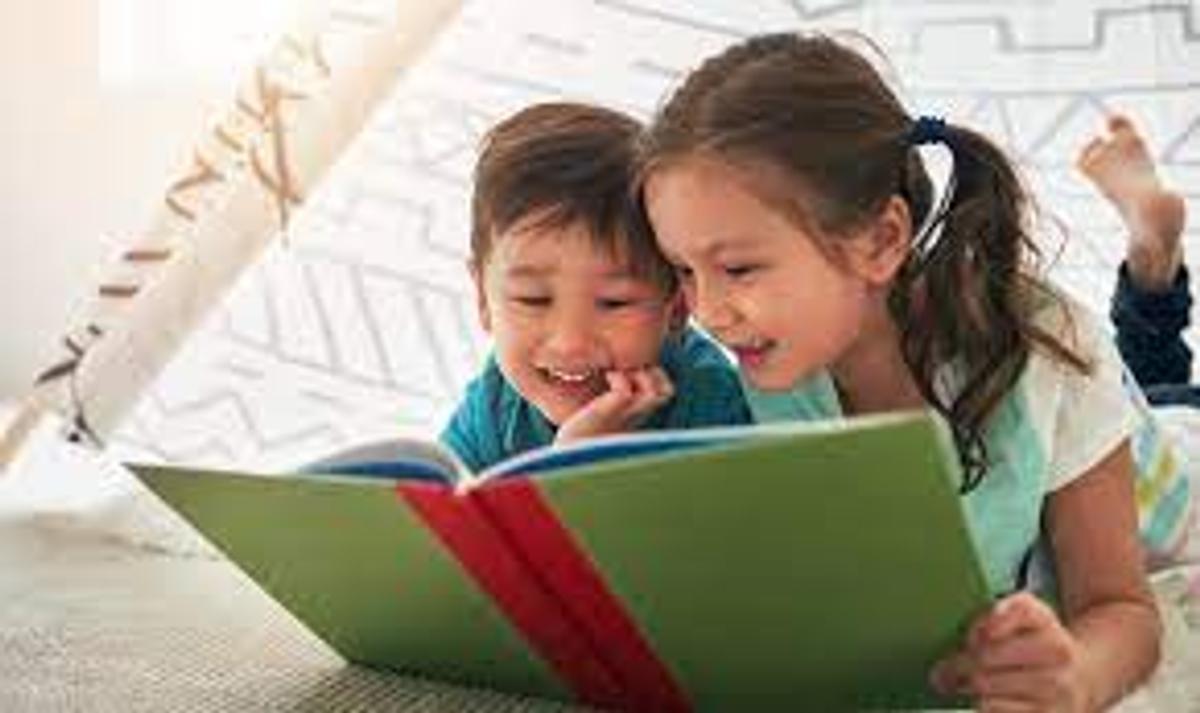

4. Encourage your child to read
When we read, we see words spelled correctly. The more we read, the more words we see.
Johanne Abbott
Learning Specialist
In Curiosity this term, students in years 3-6 will be exploring the unit, ‘How can we live more sustainably?’ and in Passions we have set the students the challenge - how to minimise our footprint on the environment and link that with what they are passionate about?
As the students Look, Listen and Learn they have been exploring climates and locations within Australia, human impacts on the environment, and ways that we can live more sustainably. We will be inviting parents and families into school on Tuesday 13th September @ 3pm so students can Launch their projects and showcase their learning.
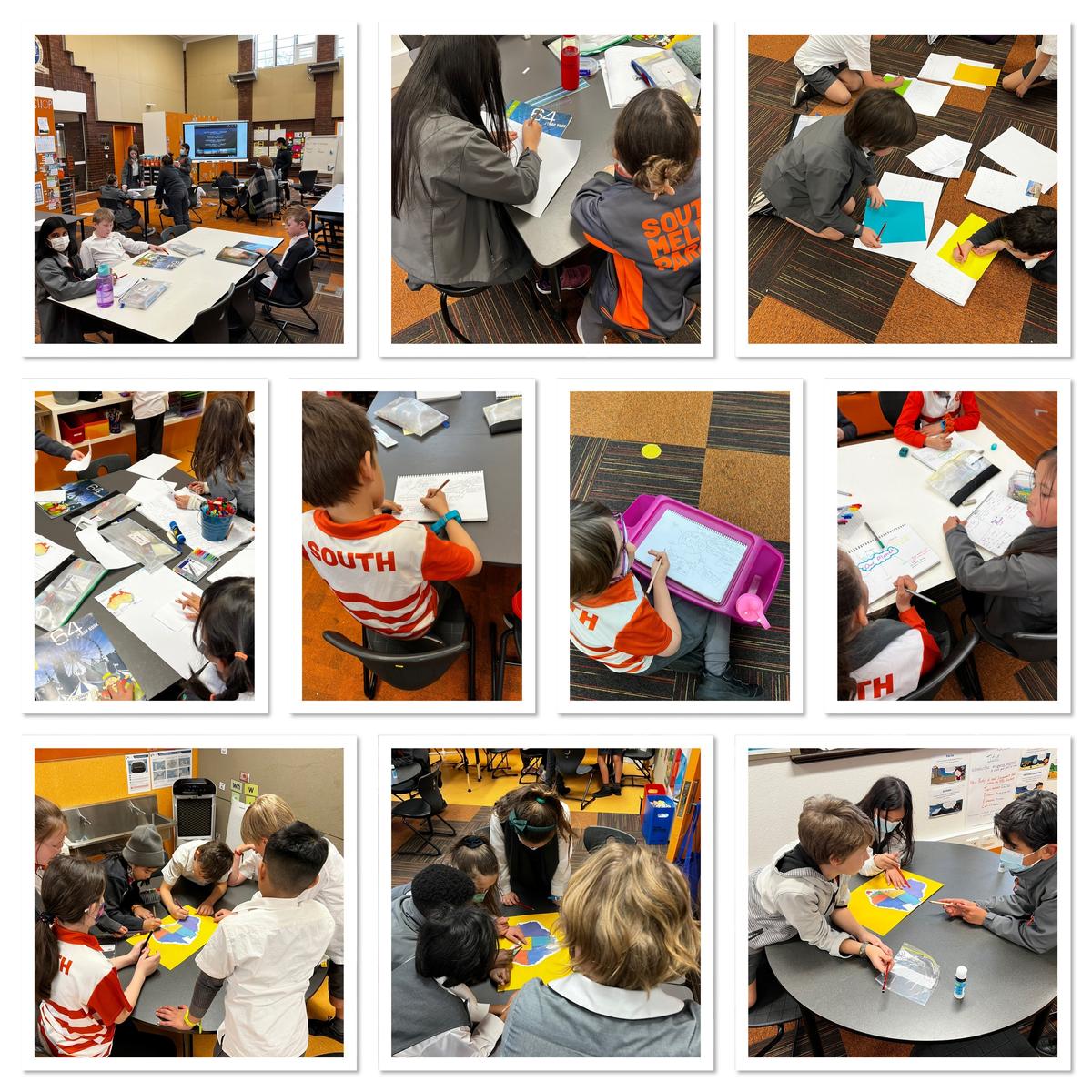

This week 5/6A have started to immerse themselves in poetry. We have started by reading and reciting poetry. We have some very talented performers in the class!
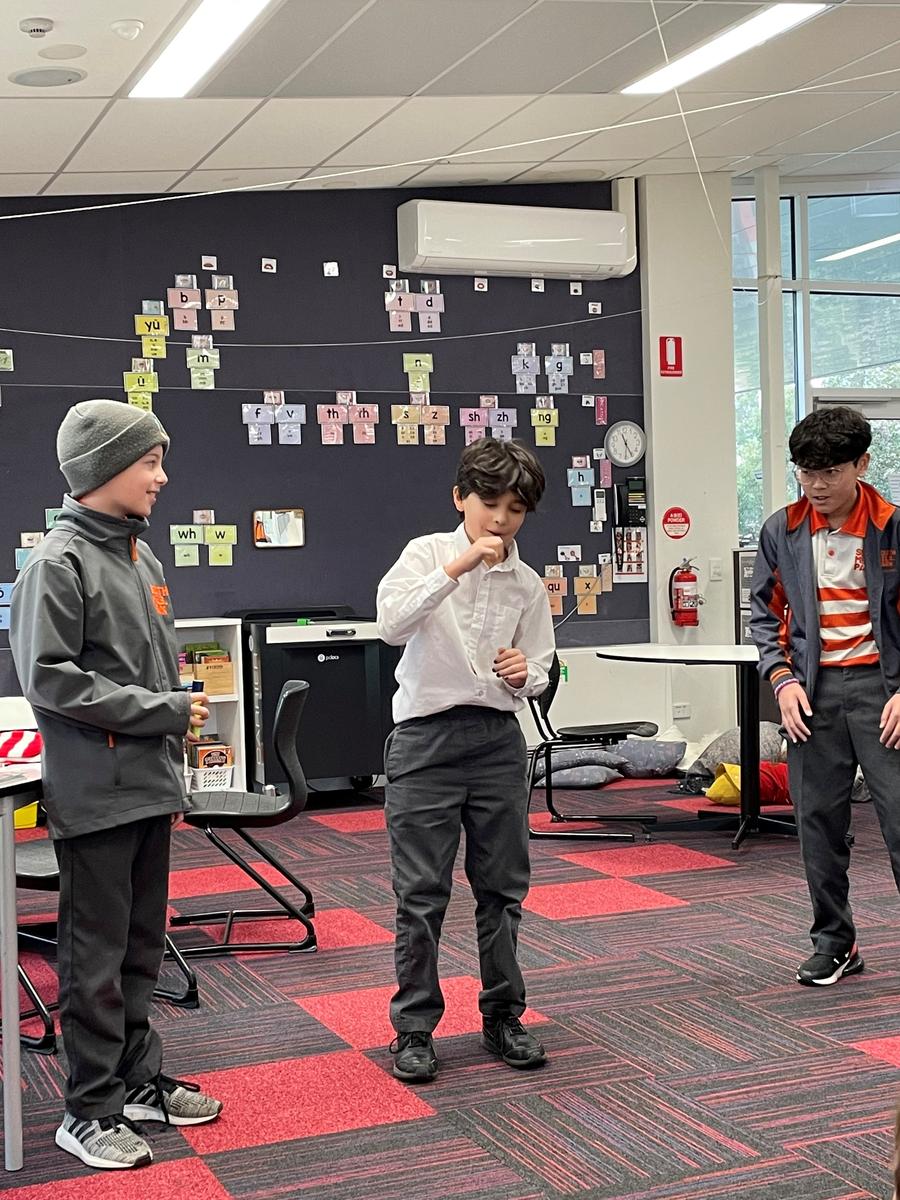
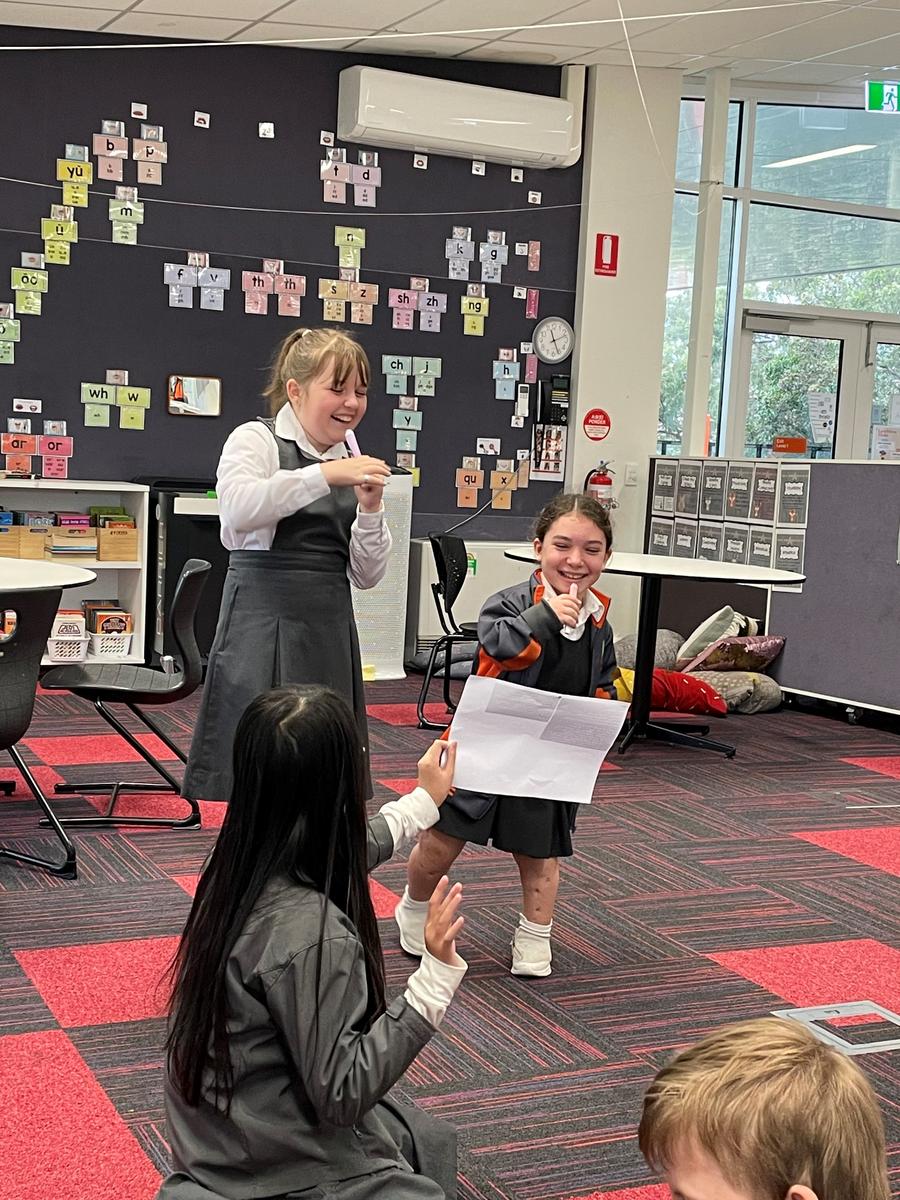
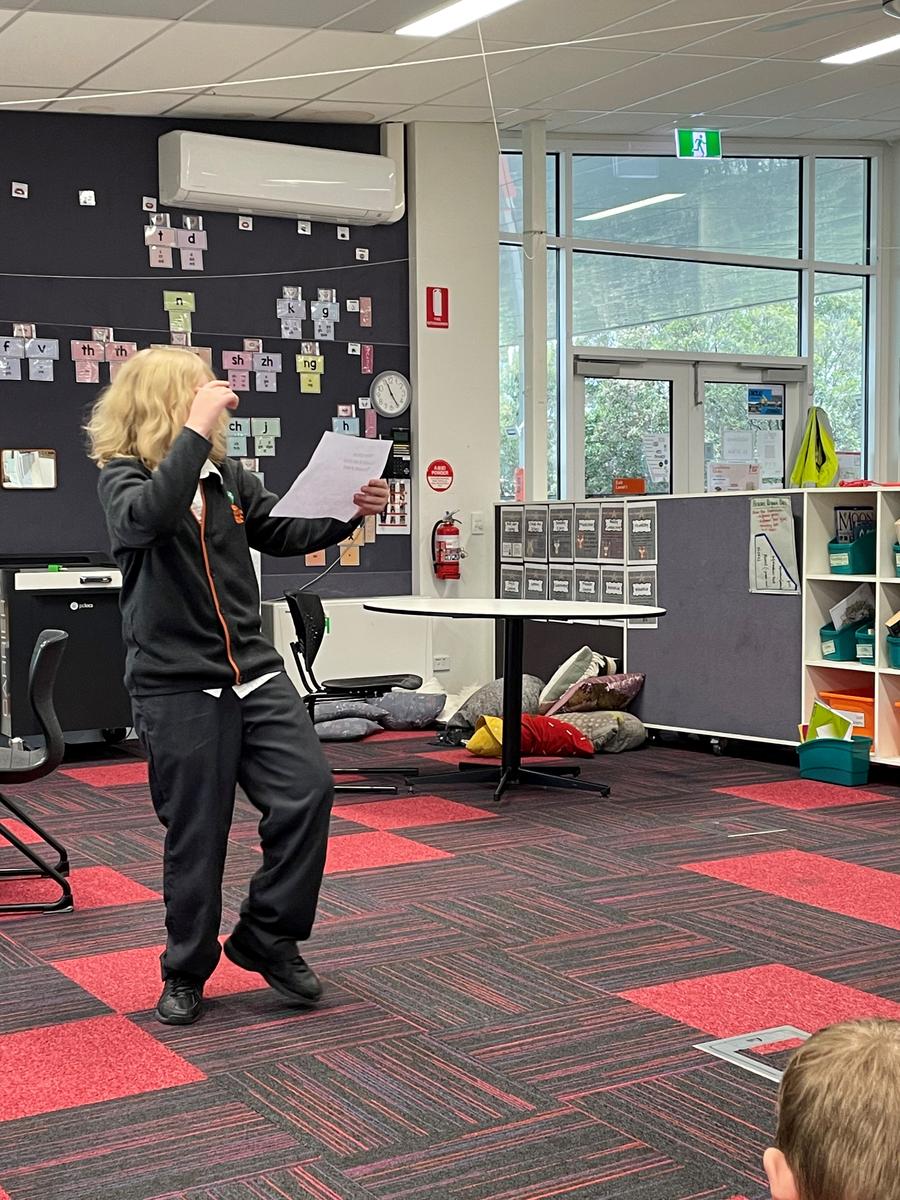



Students at SMPPS have been helping feed the homeless and needy in our community. They have been giving back to their local community and joining Homeless Aid on Tuesday nights at Queen Vic Markets. Homeless Aid is a non-profit organisation that helps the less fortunate homeless people of Melbourne with food, beverages and clothing.
A huge thank you to Nilufer and her family for organising this opportunity and their ongoing support of the organisation. Thank you to all the students and parents for volunteering to help this incredible cause. We hope that we can continue this partnership moving forward and helping out our local community.
